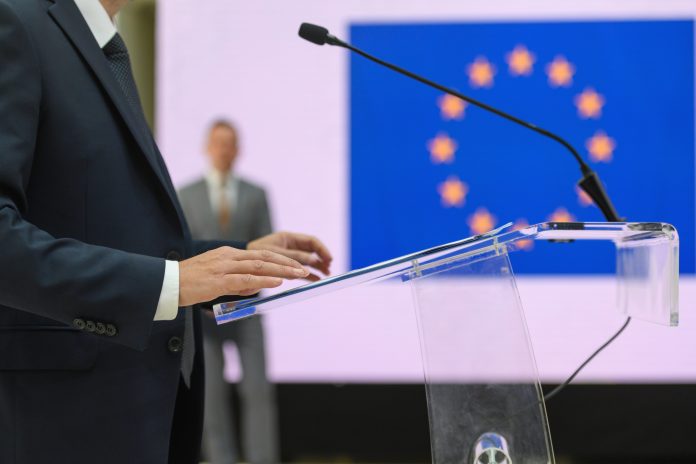Britain is set to rejoin the EU’s flagship £85 billion science research programme, Horizon Europe, as scientists begin to welcome the highly anticipated agreement
The UK agreed to participate in the European-funded research scheme known as Horizon Europe, whose aim is to address challenges like climate change, terminal illnesses, and food and energy security advancements.
Issues finding a post-Brexit trade deal in 2020, meant the UK was never approved membership to the innovation funding scheme resulting in international tensions rising.
According to a senior EU insider, the EU’s College of Commissioners deliberated the return to the programme three years into a seven-year funding programme this week. The deal has been reached and is set to be announced on Thursday, according to The Guardian.
Prof Carsten Welsch, a physicist at the University of Liverpool, lost the leadership of a £2.6m research project on a novel plasma generator used in cancer treatment when the UK was excluded from Horizon. Welsch said, “I am absolutely thrilled about this news as we have been in a limbo situation for far too long. Horizon Europe is stronger with the UK, and UK research is stronger in Horizon.”
Horizon Europe is stronger with the UK
Coming to an agreement: International relations and funding concerns
It has been reported that the UK and the European Commission have concluded discussions regarding the annual contribution to the programme. An official announcement is expected to be made as early as Thursday at 7 a.m. on BBC Radio 4’s Today program.
For the past five months, the UK Prime Minister, Rishi Sunak, has been pushing for the “underperformance clause” in the 2020 agreement to be reconsidered. The aim is to ensure that Britain receives a more appropriate rebate as it falls short of its previous grant level from the program.
Effective rebates will ensure the UK pays £2 billion yearly if programme grants fail to match contributions.
Diplomats within the EU have cautioned that any agreement regarding the UK’s return to Horizon may take a long time as it has to be approved by the States.
The source mentioned that EU member countries would want reassurance that the new financial agreement complies with the trade deal terms, with no special favours to the UK, and that the new calculations were “reasonable” for both sides.
The journey to the UK’s return to Horizon was cleared in March after London and Brussels resolved their disagreements regarding the Northern Ireland protocol.
Building international science collaboration
European Commission President Ursula von der Leyen pledged a “swift” decision.
Intermittent pauses marked the following talks due to the UK’s demands for additional discounts to compensate for the lost years. This angered the science community; many opposed Sunak’s alternative plan to proceed independently.
On Wednesday, Sunak gave a hint that the deal has been sealed. He stated that he had authorised his officials to agree.
When questioned about the continued delay, he told a Labour MP that the UK had been “extensively involved” in negotiating a return to Horizon. “I hope to be able to conclude those successfully, and when we do, I hope you’ll be the first to stand up and congratulate the government,” he said.
Pre-Brexit research funding vs. current commitments
Before Brexit, the UK was one of the top beneficiaries of the Horizon program. Scientists can still apply for funding, which the UK government underwrites.
However, the UK’s uncertainty over its membership and inability to lead pan-EU research outside the programme has had an impact.
Data from the European Commission revealed a significant decline in funding awarded to the British initiatives since 2019. In that particular year, the UK received €959 million (£829 million) across 1,364 grants, whereas in 2023, up to this point, it has only received €22 million through 192 grants.
Sources within the scientific community suggest that the UK sought both a discount and an exit from the parallel Euratom program, but the EU rejected these proposals.
The 2020 trade and cooperation deal included a “correction mechanism” that would allow adjustments if the UK contributed more to the program in a year than it received in grants.
Sunak expressed concerns that the UK’s absence from the program for three years had resulted in a significant lag, necessitating a revision of the mechanism in favour of the UK.
UK and horizon europe funding fluctuations
Before Brexit, the UK received approximately £2 billion in research funding, which was £500 million more than its financial contribution. However, under the terms of the 2020 agreement, the UK committed to contributing around £2 billion annually.
The government declined to provide a comment on the matter.














